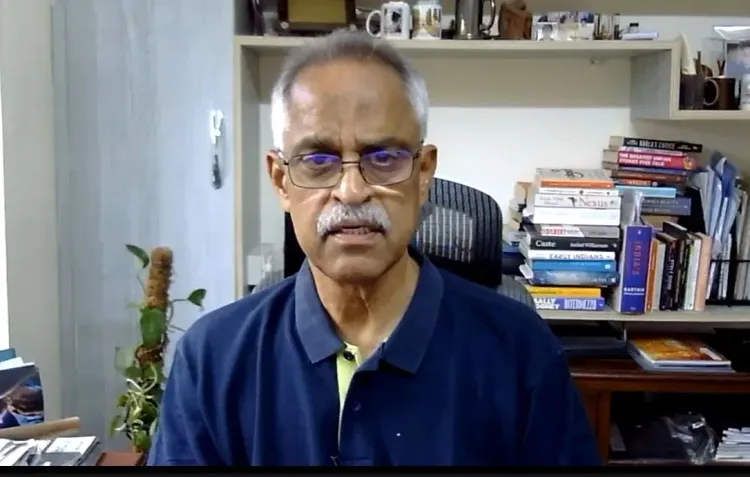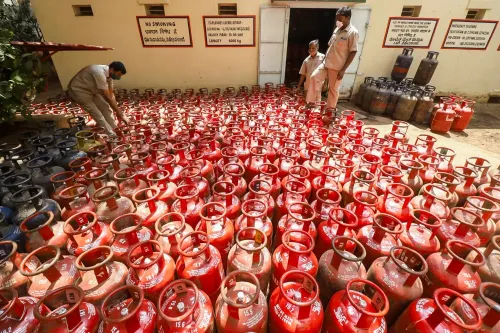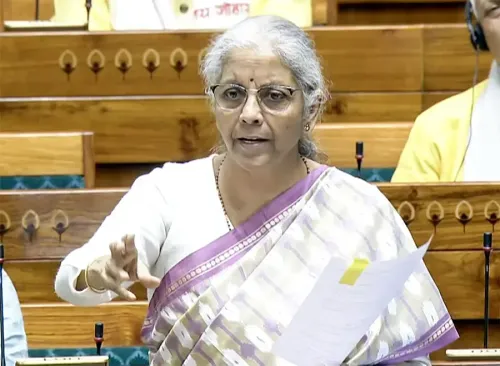What Does the 7.8% GDP Growth Rate Reflect About the Indian Economy?

Synopsis
Key Takeaways
- India's GDP growth reached 7.8% in Q1 FY26.
- Former CBEC Chairman Najib Shah highlights strong economic fundamentals.
- Growth surpassed economists' expectations of 6.5%.
- Contributions from agriculture and services drove the growth.
- Government aims for a $5 trillion economy by 2027.
New Delhi, Aug 30 (NationPress) The Indian economy has surged by an impressive 7.8 percent during the April-June quarter, marking the highest growth in five quarters, despite potential disruptions from import tariffs imposed by US President Donald Trump. Numerous economists and analysts have praised the Union government led by Prime Minister Narendra Modi.
Former Chairman of the Central Board of Excise and Customs (CBEC), Najib Shah, expressed on Saturday that this remarkable GDP growth of 7.8 percent in the first quarter showcases the strong fundamentals of the Indian economy.
In an interview with IANS, Shah remarked that this growth has surpassed the predictions of several economists, who estimated a GDP growth rate of around 6.5 percent. The Economic Survey had forecasted growth between 6.3 to 6.8 percent.
“This GDP growth has also contributed to a substantial gross value addition of 7.6 percent. While there may be challenges ahead due to the uncertain impact of US tariffs on India's GDP, we should take a moment to celebrate this extraordinary growth rate of 7.8 percent, ” Shah stated.
The Union government attributed this robust GDP figure to the positive performance of the agricultural sector and services such as trade, hospitality, finance, and real estate.
Chartered Accountant Rajiv Sahu commented on India's GDP reaching 7.8 percent, stating, “This is a joyous occasion for every Indian, as the GDP growth has significantly improved from the 6.5 percent reported in Financial Year 2024-25. This improvement is a direct result of the effective governance of the current Modi administration and the continuous implementation of structural reforms.”
Sahu further noted, “This remarkable growth in GDP not only aids the nation in advancing towards the goal of 'Viksit Bharat 2047', but it also sets the stage for achieving the objective of becoming the world's third-largest economy and a $5 trillion economy. This growth will benefit all citizens, including those from economically disadvantaged backgrounds, and empower the Union government to initiate more schemes for their development.”










